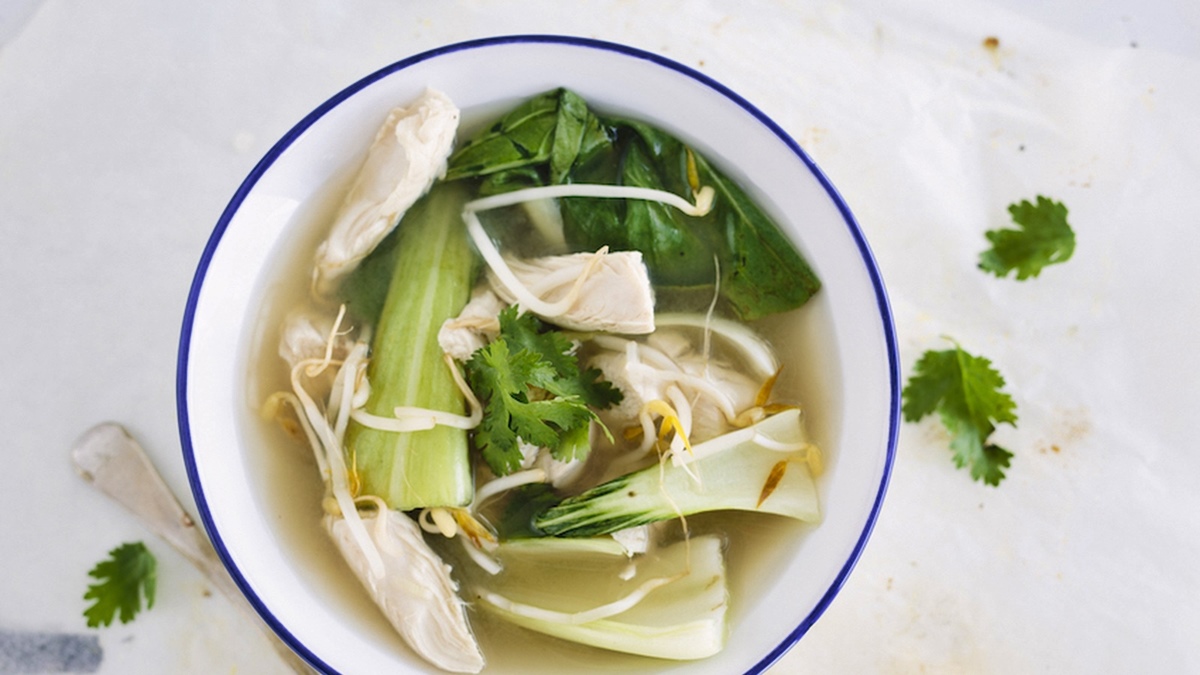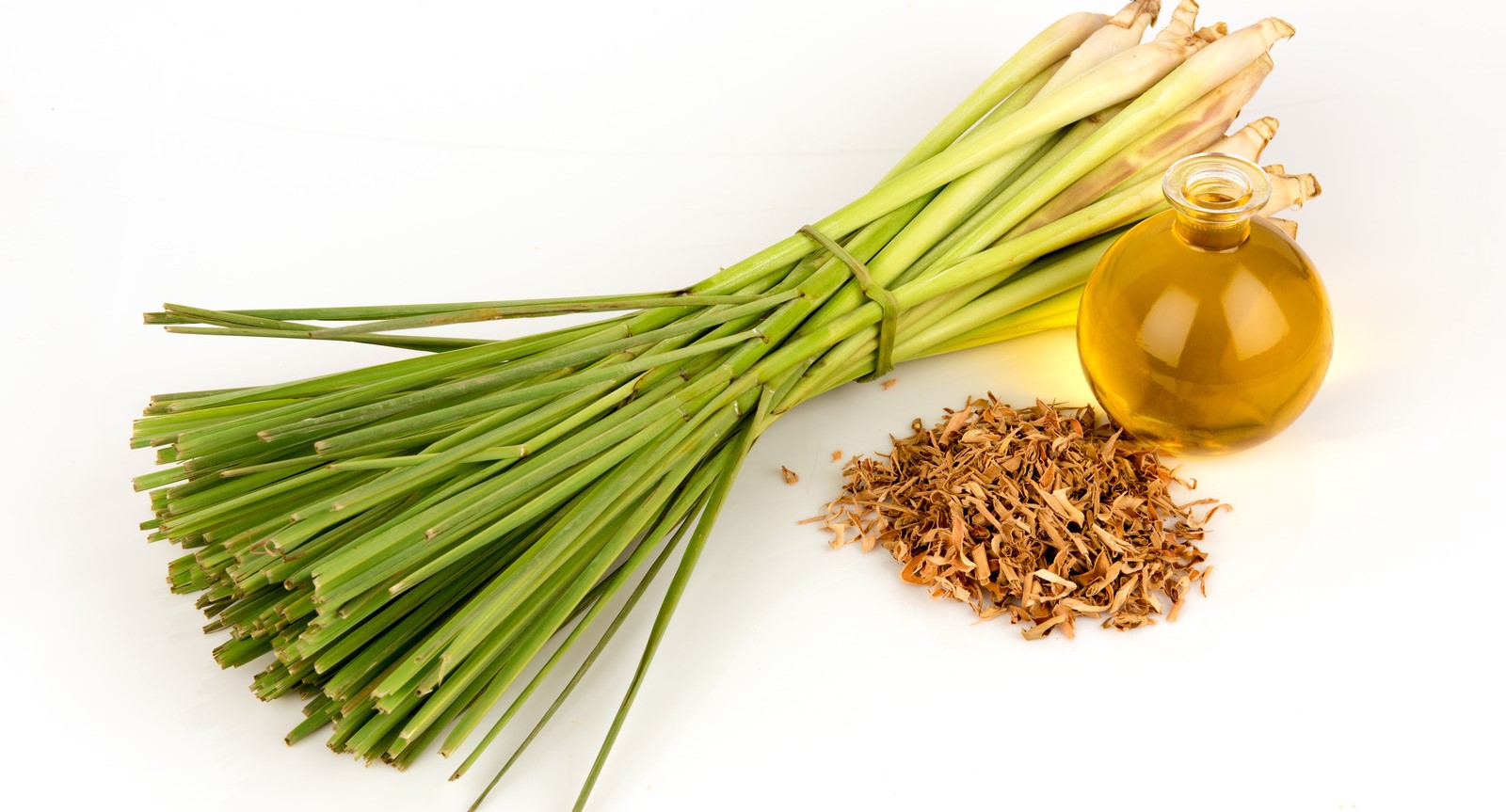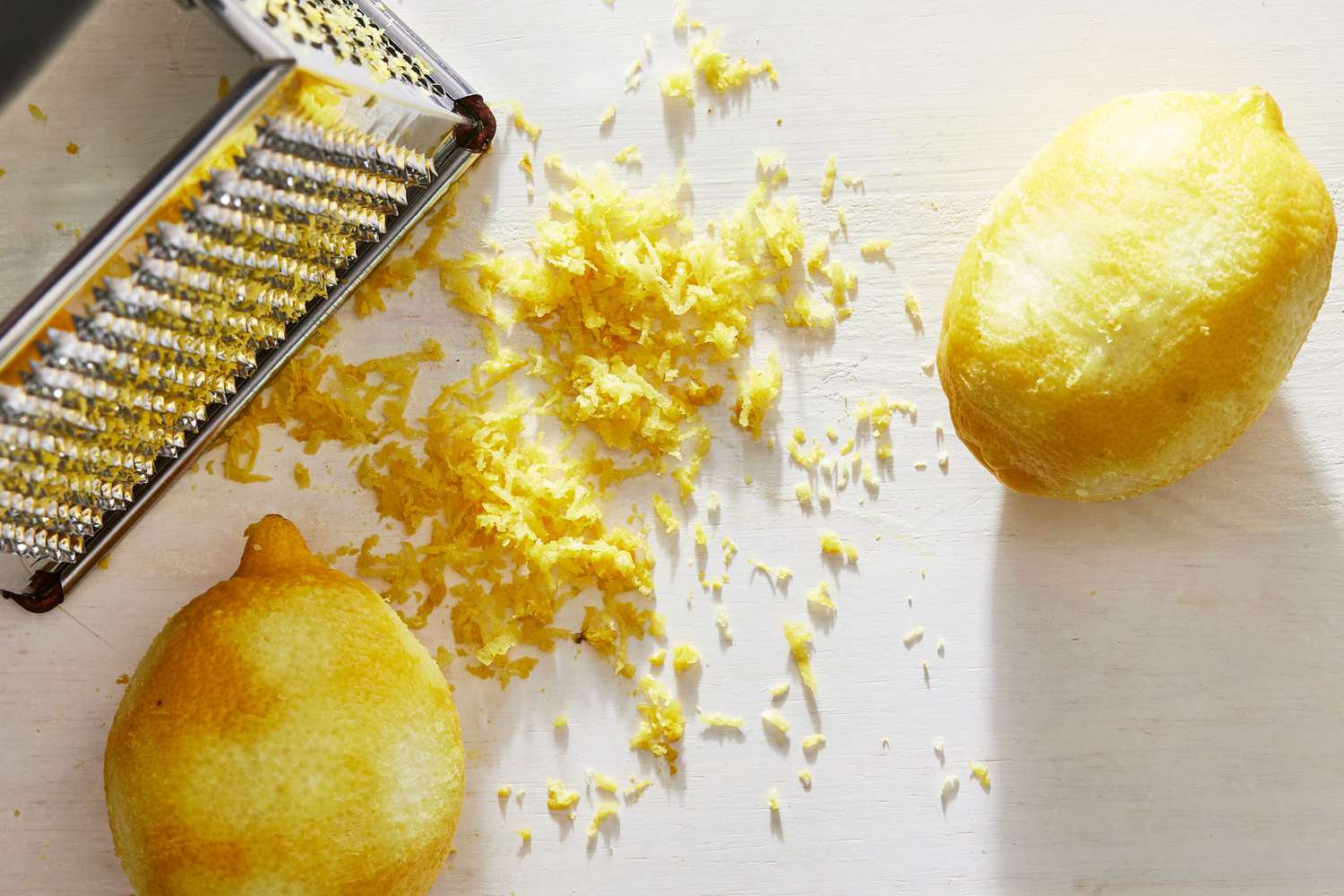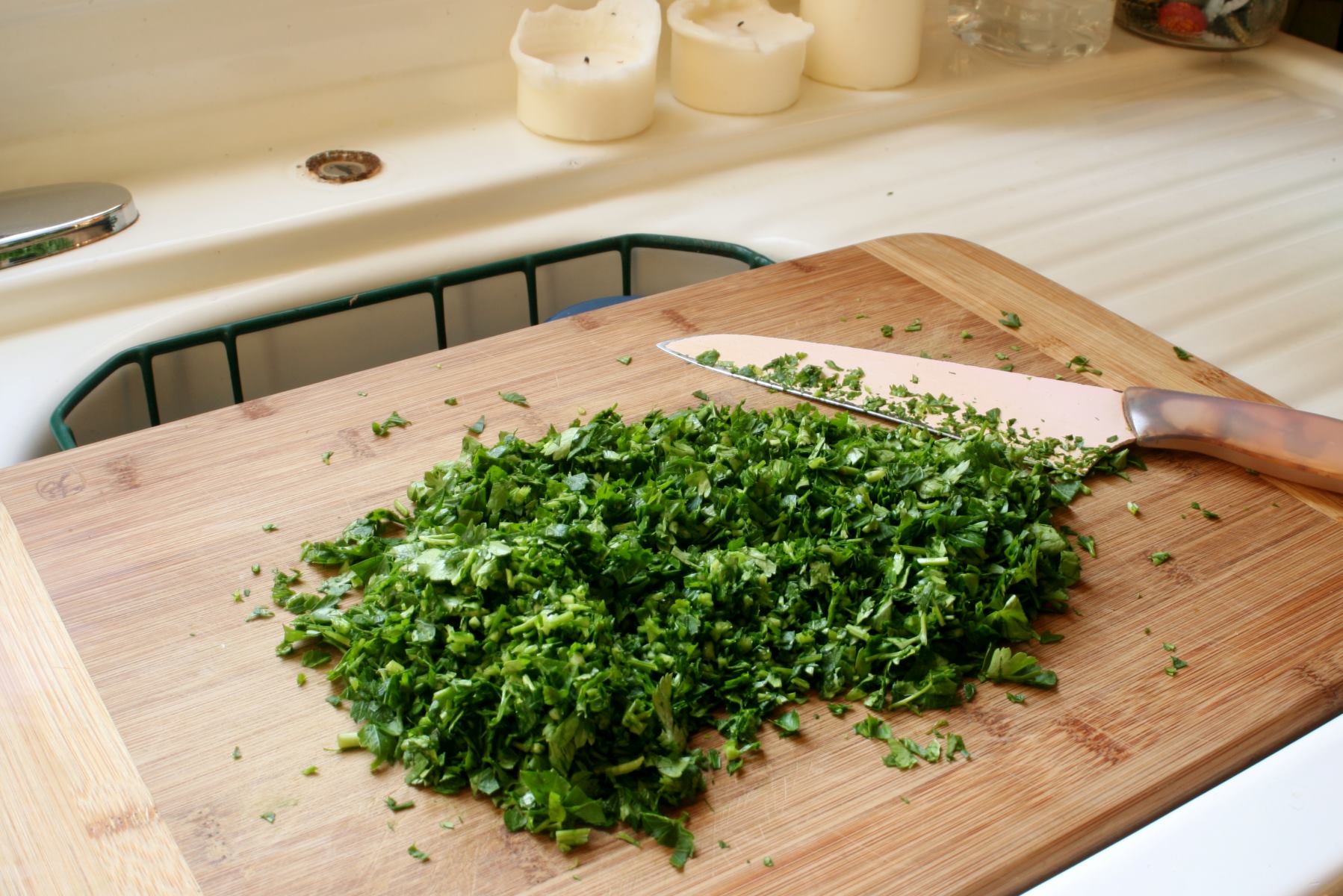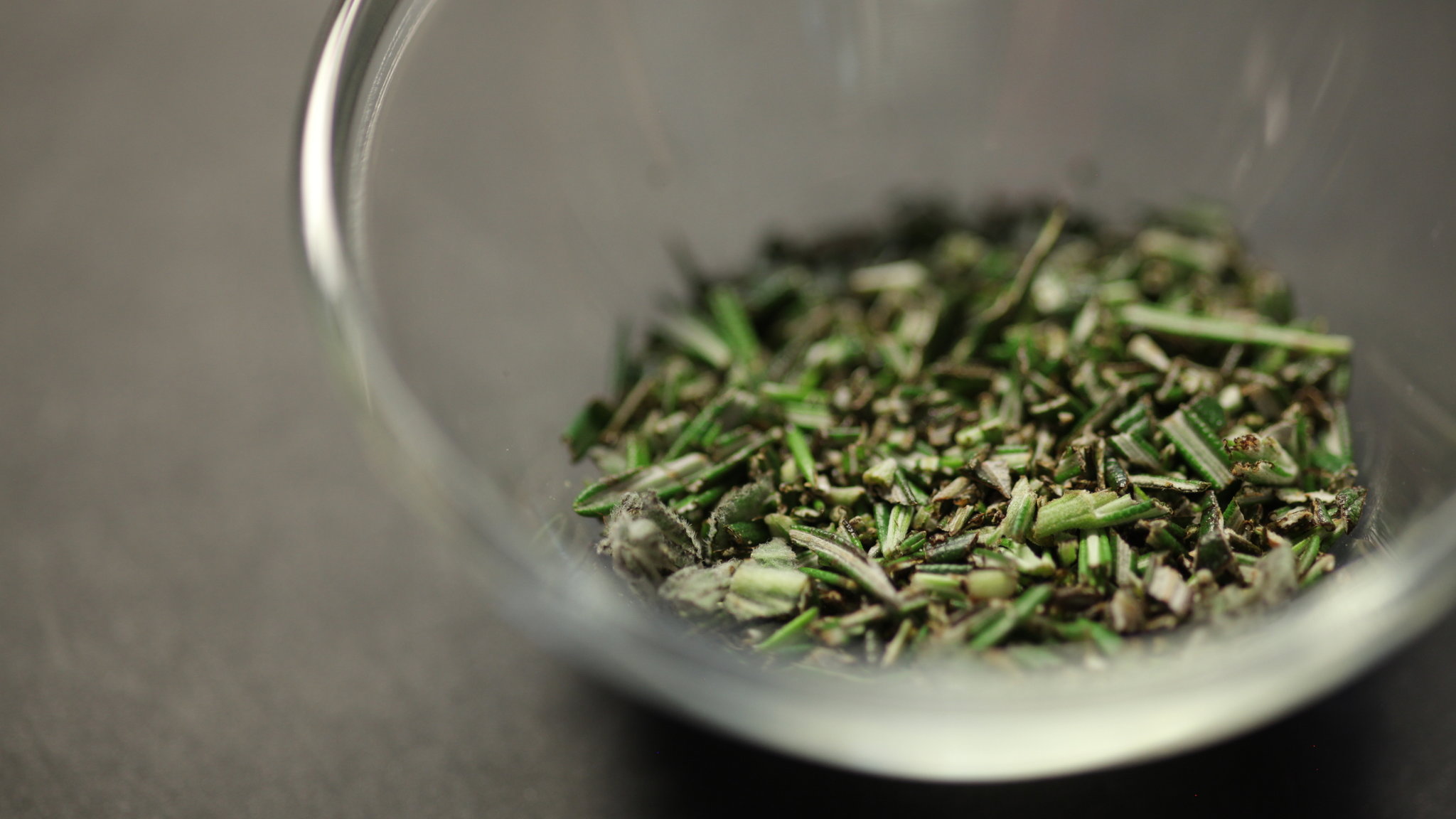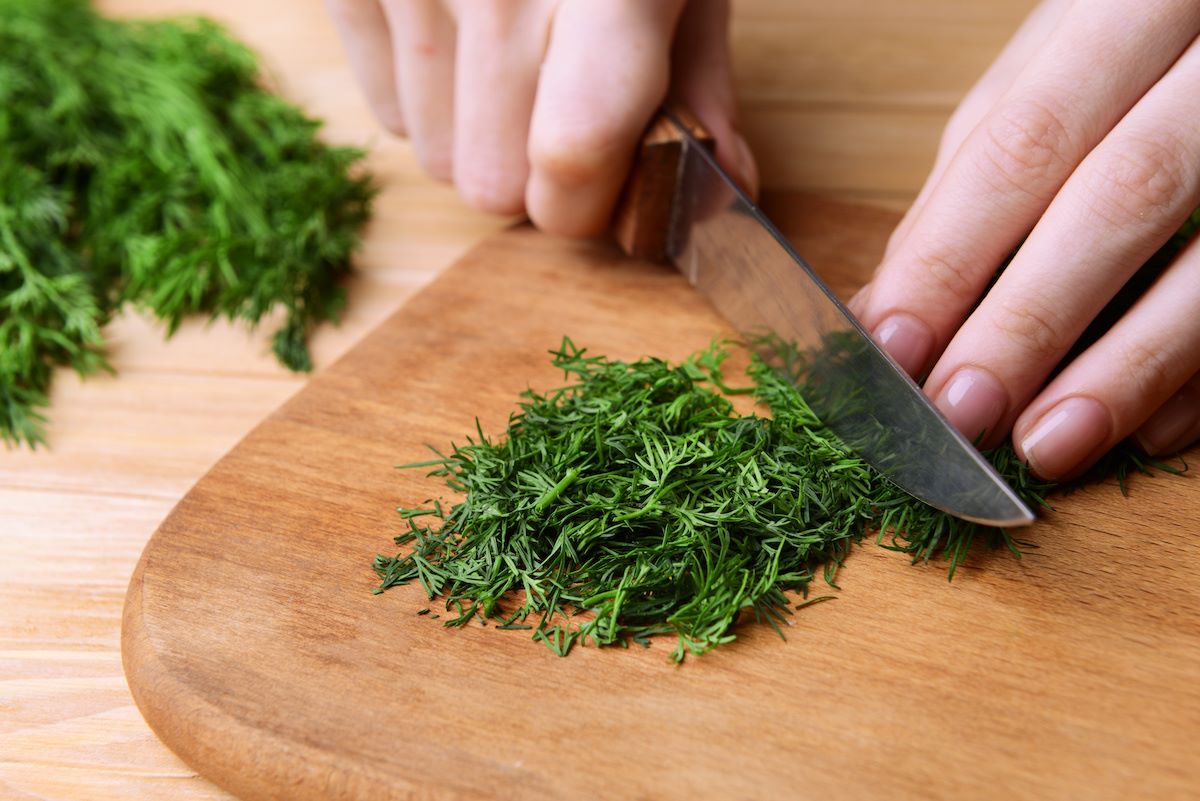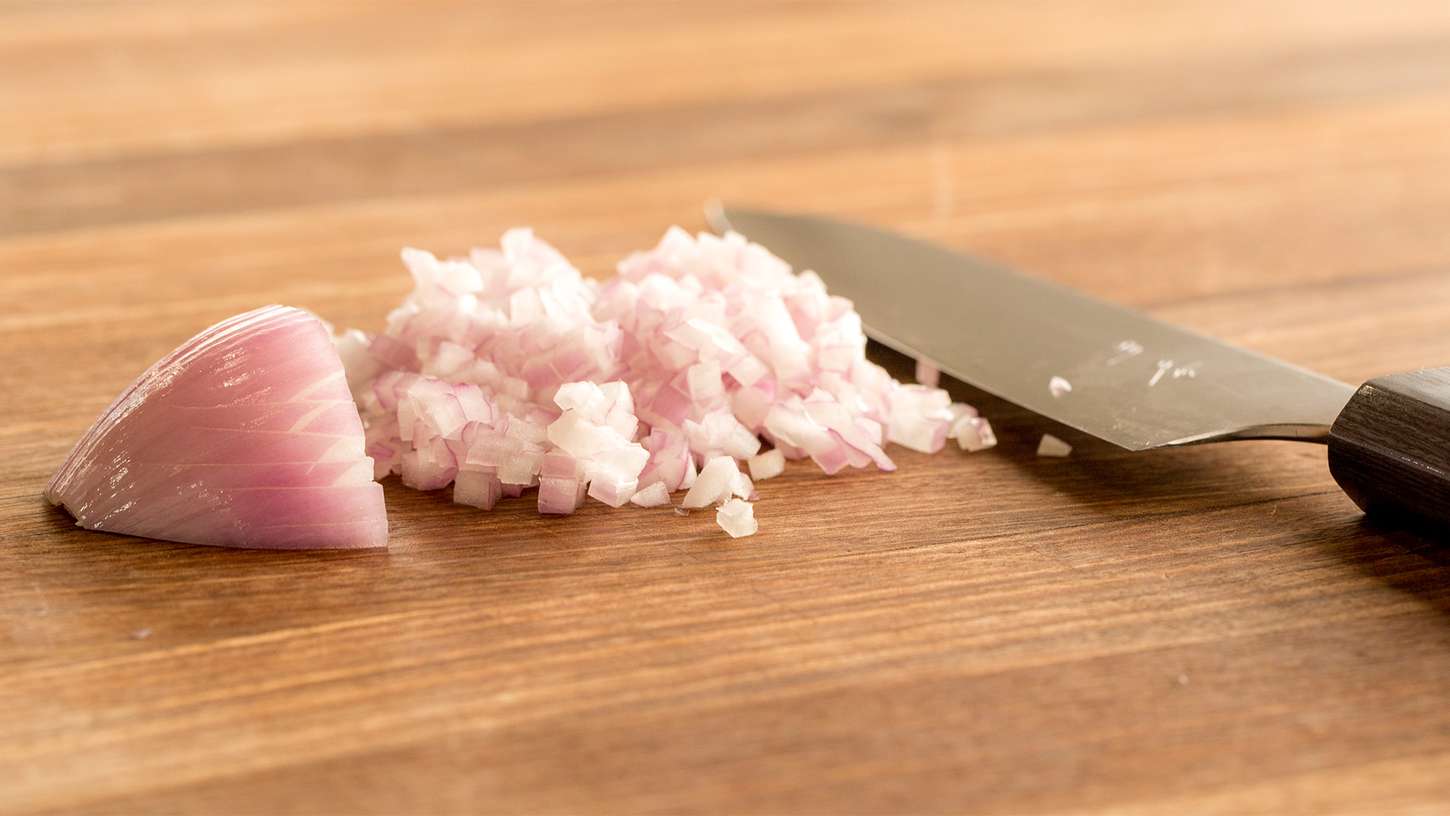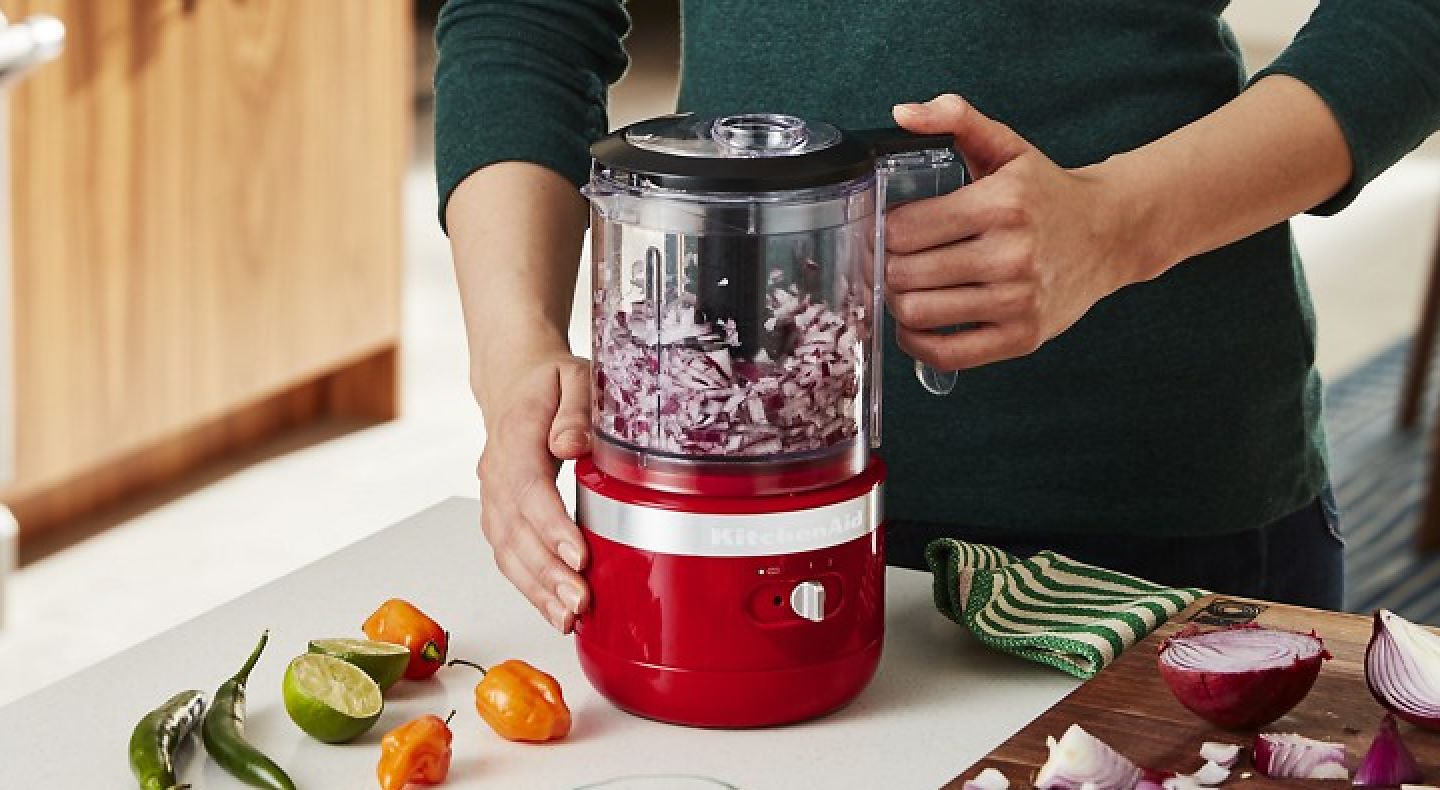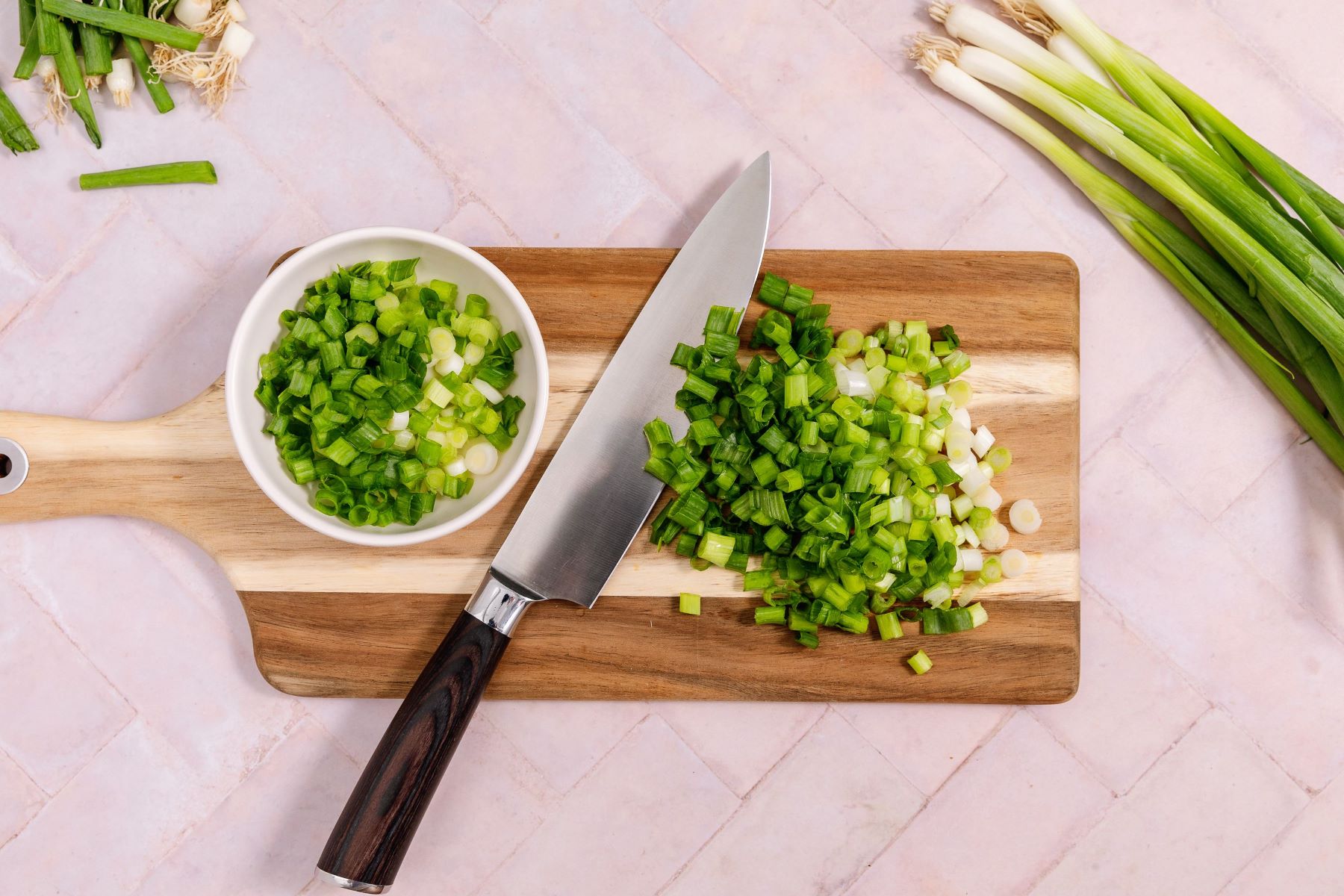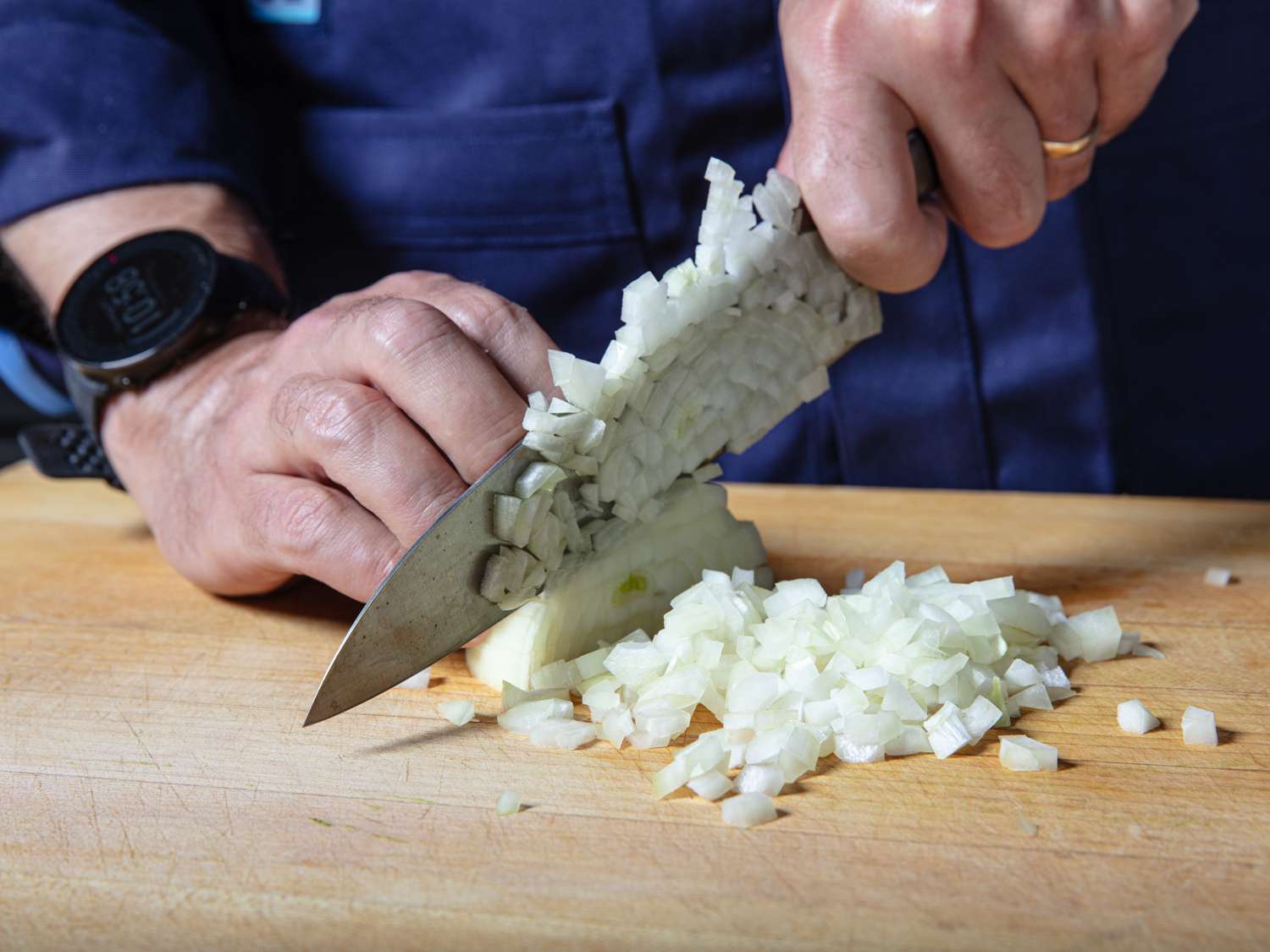Lemongrass is a popular herb commonly used in Asian cuisine for its unique citrusy flavor and aroma. It adds a refreshing and zesty kick to dishes, making it a favorite ingredient in soups, curries, stir-fries, and marinades. However, working with lemongrass can be a bit tricky, especially when it comes to mincing it finely for recipes. In this guide, we'll walk you through how to mince lemongrass like a pro, so you can effortlessly incorporate this delightful herb into your cooking.
Understanding Lemongrass
Before we dive into the mincing process, let's take a moment to understand the structure of lemongrass. This herb consists of a thick, fibrous stalk with a bulbous base and long, slender leaves. The flavorful essence of lemongrass is concentrated in the lower portion of the stalk, closer to the bulb. To release its aromatic oils and citrusy flavor, it's essential to finely mince or crush the stalk before adding it to your dishes.
Preparation
To begin the mincing process, you'll need to gather a few essential tools and ingredients:
- Fresh lemongrass stalks
- Sharp knife
- Cutting board
Steps to Mince Lemongrass
Follow these simple steps to mince lemongrass effectively:
-
Prep the Lemongrass: Start by trimming off the woody top portion of the lemongrass stalk, leaving only the bottom 4-6 inches. Remove any dry or wilted outer layers to reveal the tender inner core.
-
Slice the Stalk: Place the trimmed lemongrass stalk on a cutting board and use a sharp knife to make lengthwise cuts, dividing the stalk into halves or quarters. This will make it easier to handle and mince.
-
Mince Finely: With the stalks now in manageable pieces, proceed to finely mince them by making crosswise cuts. Aim for a very fine mince to release the maximum flavor of the lemongrass.
Tips and Tricks
Here are some additional tips to keep in mind when mincing lemongrass:
- Use a Sharp Knife: A sharp knife is essential for cutting through the tough fibers of lemongrass. Dull knives can make the process more challenging and less precise.
- Crush Before Mincing: For an even more intense flavor, consider crushing the minced lemongrass with the flat side of your knife or a mortar and pestle. This will release the aromatic oils and enhance the citrusy essence.
- Storage: If you have leftover minced lemongrass, you can store it in an airtight container in the refrigerator for a few days, or freeze it for longer-term storage.
Incorporating Minced Lemongrass
Once you've successfully minced your lemongrass, you can incorporate it into a wide range of dishes. From Thai curries to Vietnamese soups, lemongrass adds a delightful depth of flavor that elevates the overall taste of the dish. Experiment with different recipes and explore the versatility of this aromatic herb in your cooking.
In conclusion, mastering the art of mincing lemongrass opens up a world of culinary possibilities. By following these simple steps and tips, you can confidently handle this flavorful herb and enhance the taste of your favorite dishes. Embrace the citrusy allure of lemongrass and elevate your cooking to new heights.
Exploring Recipes and Further Applications with Minced Lemongrass
Now that you've mastered the art of mincing lemongrass, it's time to put your skills to the test with a variety of dishes that highlight this fragrant herb. For starters, the Explore Thai Lemongrass Chicken Curry offers a robust flavor profile that beautifully marries lemongrass with other traditional spices. If you're in the mood for something lighter, the Try Lemongrass Coconut Shrimp Soup is a must-try, providing a soothing, flavorful experience. For those who enjoy grilling, the Discover Grilled Lemongrass Pork Chops will not disappoint, featuring a delightful charred texture paired with the citrusy notes of lemongrass. Each recipe provides a unique way to enjoy the fresh, vibrant taste of lemongrass, making them perfect for both new cooks and seasoned chefs looking to expand their flavor repertoire.
